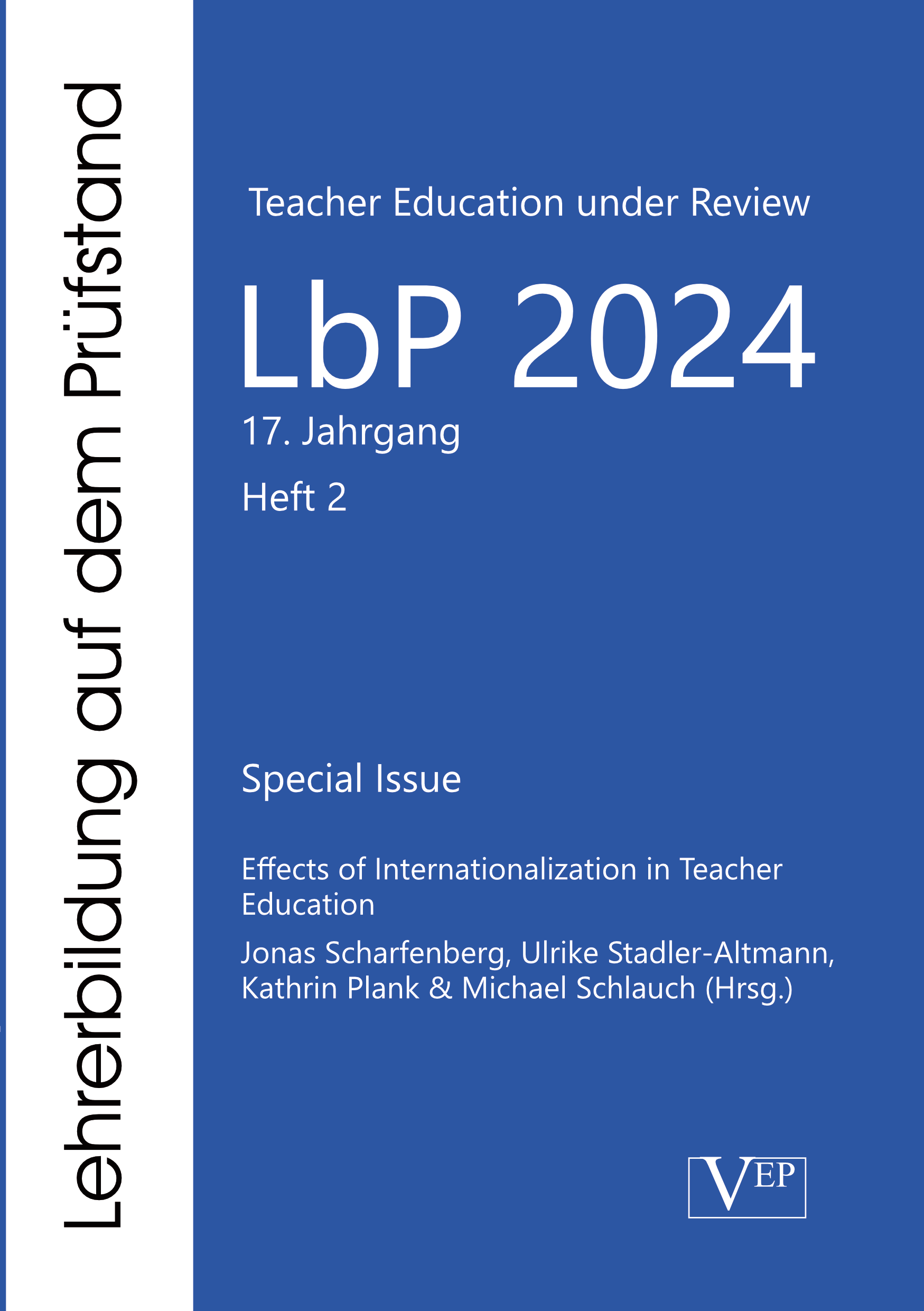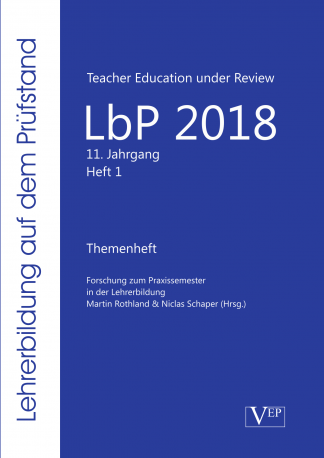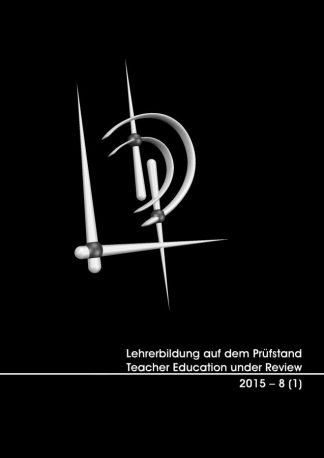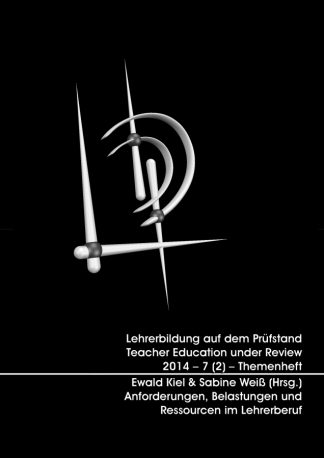Inhalt
Against the backdrop of worldwide transformations, internationalization represents a requirement in higher education (Maassen, Jungblut, Stensaker, Griffith & Rosso, 2023). This is particularly important in teacher education where such processes can provide global competencies which can broaden the notions of being a global citizen. To integrate an international perspective in the structures of teacher education in a meaningful way, resilient collaborative partnerships are required. Coombe (2015) indicates that research literature considers such partnerships successful if they are based on corresponding cultures, understandings and goals. However, there is a paucity of research dealing with the advancement of this kind of process. We address the question of how a collaborative interaction, embedded in the context of an international partnership, was developed. We employed auto-ethnography (Campbell, 2016) to document experiences and used complexity theory (Clarke & Collins, 2007) to interpret the data. Key findings indicate that partnership development operates as a complex system that needs time and complex interactions to produce successful partnerships.
Keywords: Complexity theory – international teacher education – partnerships in higher education
Vor dem Hintergrund weltweiter Transformationen stellt die Internationalisierung eine Anforderung der Hochschulentwicklung dar (vgl. Maassen et al., 2023). Dies ist insbesondere in der Lehrkräftebildung relevant, da entsprechende Prozesse die globalen Kompetenzen fördern können, die das Verständnis von global citizenship erweitern. Um eine internationale Perspektive auf sinnvolle Weise in die Strukturen der Lehrkräftebildung zu integrieren, sind belastbare kollaborative Partnerschaften erforderlich. Coombe (2015) weist darauf hin, dass Forschungsliteratur solche Partnerschaften dann als erfolgreich betrachtet, wenn sie auf übereinstimmenden Kulturen, Verständnissen und Zielen basieren. Allerdings besteht ein Desiderat an Studien, die sich mit der Entwicklung dieser Prozesse befassen. Im vorliegenden Beitrag gehen wir der Frage nach, wie die kollaborative Interaktion im Kontext einer internationalen Partnerschaft entwickelt wurde. Dabei setzen wir einen auto-ethnografischen Zugang (Campbell, 2016) ein, um Erfahrungen zu dokumentieren, und nutzten die Komplexitätstheorie (Clarke & Collins, 2007) zur Analyse der Daten. Zentrale Ergebnisse zeigen, dass die Entwicklung von Partnerschaften als komplexes System funktioniert, das Zeit und komplexe Interaktionen benötigt, um erfolgreiche Partnerschaften hervorzubringen.
Schlagwörter: Hochschulkooperationen – internationale Lehrkräftebildung – Komplexitätstheorie
